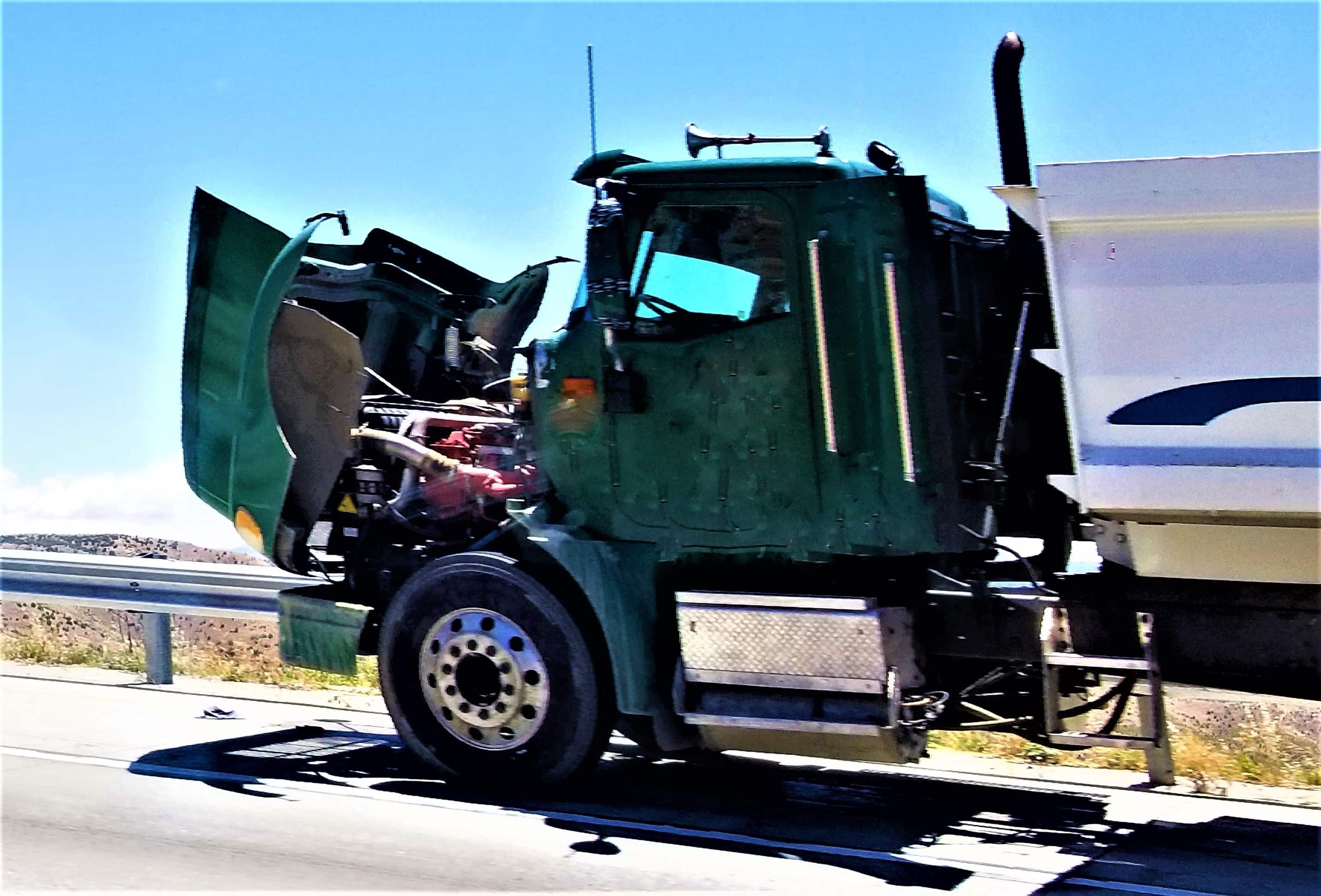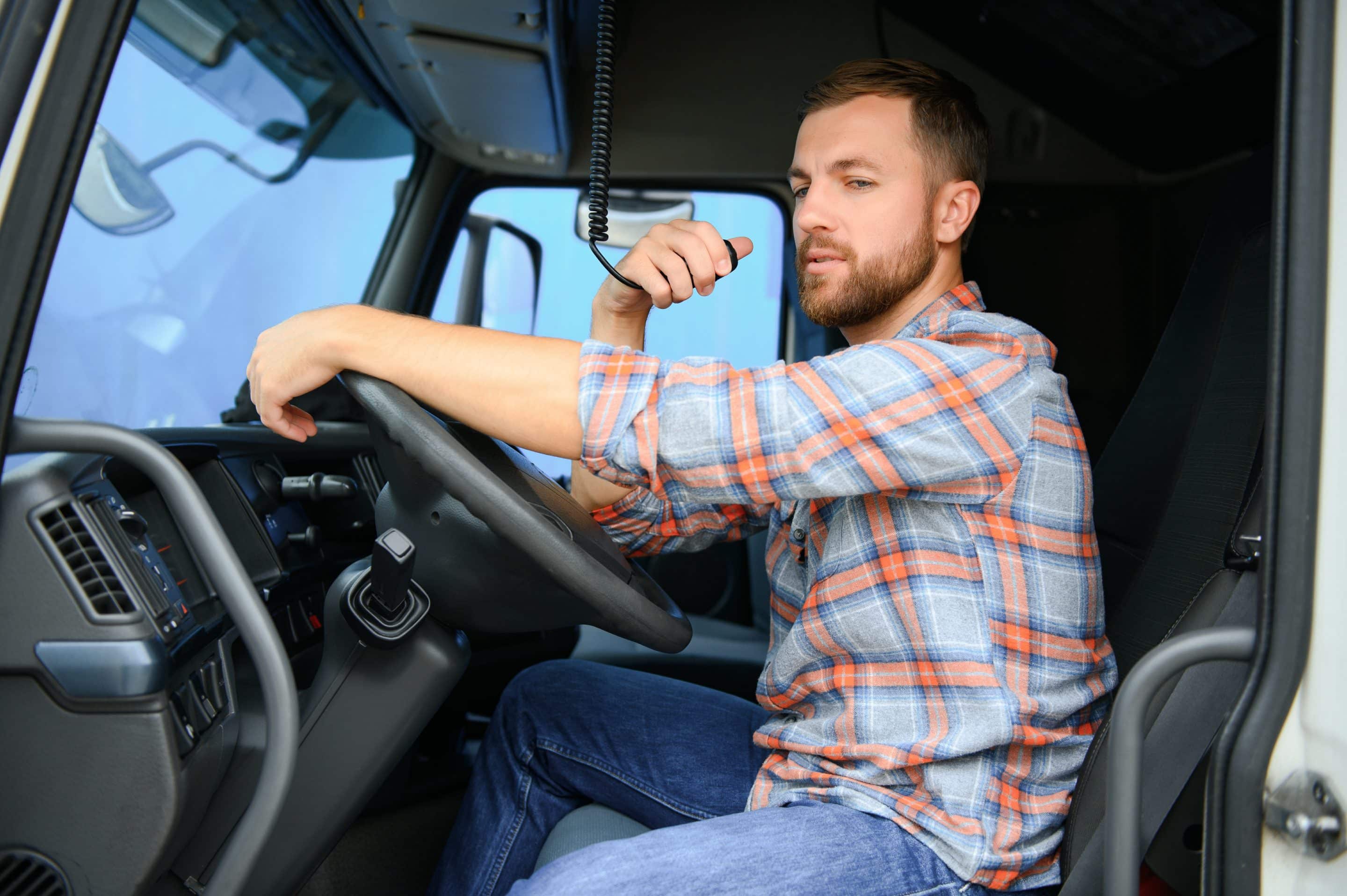How to Prove Liability in a Truck Accident Case
Truck accidents can be catastrophic due to the sheer size and weight of commercial trucks compared to passenger vehicles. These accidents often result in severe injuries, significant property damage, and even fatalities. Because truck accident claims can be more complex than standard car accident claims, it’s essential to understand how liability is established to secure fair compensation for the damages suffered. This detailed guide will explore the steps in proving liability in a truck accident case, the parties that could be held responsible, and legal strategies to ensure a successful claim.
This comprehensive article will provide valuable information and practical tips to help you strengthen your case.
Understanding Liability in Truck Accident Cases
Proving liability in a truck accident case is only sometimes straightforward because it involves multiple factors and parties. To hold someone legally responsible for the accident, you need to establish the four elements of negligence:
-
- Duty of Care: The defendant (the truck driver, trucking company, or other involved party) owed a duty of care to the plaintiff (you).
- Breach of Duty: The defendant breached that duty by acting negligently or recklessly.
- Causation: The breach directly caused the accident and the resulting injuries.
- Damages: The accident led to measurable damages, such as medical expenses, lost income, or pain and suffering.
Let’s take a closer look at each element and how they play a role in proving liability.
1. Gathering Critical Evidence at the Accident Scene

-
- Photographic Evidence: Take clear pictures of the accident scene, including damage to all vehicles involved, road conditions, skid marks, debris, and visible injuries. Photos provide valuable visual evidence that can help illustrate the impact and sequence of events.
- Videos from Dashcams or Surveillance Cameras: If your vehicle has a dashcam, or if there are nearby surveillance cameras, obtain footage showing the moments leading up to, during, and after the accident.
- Witness Statements: Contact witnesses who saw the accident and collect their contact information. Witnesses can provide objective accounts of what happened, which can be crucial in determining fault.
- Police Reports: Always report the accident to the police and obtain a copy of the official report. A police report usually includes a preliminary assessment of fault and any citations issued, which can help support your claim.
The evidence you gather at the scene can be pivotal in demonstrating the other party’s negligence.
2. Investigating the Underlying Causes of the Truck Accident

-
- Driver Error: Truck drivers are often under pressure to meet tight delivery schedules, which can lead to risky behaviors such as speeding, distracted driving, or driving under the influence of drugs or alcohol. Driver fatigue is another significant factor, as truckers often work long hours, reducing reaction times.
- Mechanical Failures and Vehicle Defects: Trucks are complex machines that require regular maintenance to operate safely. Mechanical failures such as brake malfunctions, tire blowouts, or steering problems can cause accidents. If a mechanical failure led to the accident, liability might lie with the truck’s manufacturer, maintenance provider, or trucking company.
- Improper Loading or Overloading: Improperly loaded cargo or overloaded trucks can create an imbalance, making the vehicle more difficult to control, especially during sudden maneuvers or stops. In such cases, the company responsible for loading the cargo may be liable.
- Poor Road Conditions or Weather: While not always a direct cause of liability, adverse weather conditions and poor road maintenance can contribute to accidents. However, if truck drivers fail to adapt their driving to road conditions, they can still be found negligent.
The investigation should thoroughly review documents such as the truck’s maintenance records, the driver’s logs, black box data (which records speed, braking, and other factors), and any reports of past violations or safety infractions.
3. Identifying All Potentially Liable Parties

-
- Truck Driver: A truck driver who violated traffic laws, drove while tired, or was otherwise negligent could be liable. The driver’s logbooks, training records, and driving history can provide insights into whether the driver was qualified and followed regulations.
- Trucking Company: The trucking company may be liable if they fail to enforce safety standards, adequately maintain vehicles, or comply with federal trucking regulations, such as hours-of-service rules. Employers can also be held vicariously liable for their employees’ actions under the legal doctrine of “respondeat superior.”
- Truck Manufacturer or Parts Supplier: If a defective part or mechanical failure caused the accident, the truck’s manufacturer or the company that supplied a faulty part could be held responsible.
- Cargo Loaders: Companies that load cargo onto trucks must ensure the load is secured correctly. If improper loading leads to an accident, the company responsible for loading may be held accountable.
- Maintenance Providers: The maintenance company could be liable if the accident were caused by negligent maintenance or repair work.
Understanding the roles of various parties and their responsibilities helps pinpoint liability and ensures all avenues for compensation are explored.
4. Leveraging Expert Witnesses to Strengthen Your Case
-
- Accident Reconstruction Experts: These experts analyze physical evidence from the scene to reconstruct the sequence of events. They can determine factors such as vehicle speed, braking patterns, and points of impact, which can establish fault.
- Medical Experts: A medical expert can testify regarding the nature and extent of your injuries, including how they are consistent with the accident and how they will impact your life.
- Mechanical Experts: If a mechanical failure or vehicle defect contributed to the accident, a mechanical expert can assess the cause and how it could have been prevented.
- Vocational Experts: If your injuries impact your ability to work, a vocational expert can assess your lost earning potential.
Expert testimony can significantly enhance your case by providing objective, professional evaluations supporting your claim.
5. Navigating Insurance Claims and Litigation

-
- Understanding Policy Limits: Trucks are typically covered by commercial insurance policies with higher limits than standard auto policies. However, multiple claims or large settlements may exhaust policy limits quickly.
- Negotiating a Fair Settlement: Presenting a well-documented case that clearly shows liability and damages can put you in a stronger position to negotiate. Be prepared for pushback, as insurance adjusters may argue that your injuries were pre-existing or that you share fault for the accident.
- Litigation as a Last Resort: If negotiations fail, a lawsuit may be necessary to seek compensation. During litigation, your attorney will gather additional evidence, such as depositions, interrogatories, and expert reports, to build a strong case for trial.
Common Defenses Used by Trucking Companies and Insurance Carriers
Trucking companies and their insurers often use several defenses to avoid or reduce liability in truck accident cases:
-
- Comparative Negligence: They may argue that you were partially at fault for the accident. In states that follow comparative negligence laws, your compensation may be reduced by the percentage of fault assigned to you.
- Pre-Existing Conditions: Insurance adjusters may claim that your injuries were not caused by the accident but were related to pre-existing conditions.
- Sudden Emergency Defense: The trucking company might argue that the driver faced a sudden emergency, such as an animal running onto the road, making the accident unavoidable.
- Act of God Defense: This defense is used when the accident was caused by natural conditions (e.g., sudden severe weather) beyond human control.
Knowing these potential defenses can help your attorney prepare a robust strategy to counter them effectively.
Call to Action:
Contact Roxell Richards Law Firm for free consultation. We will review your case, help you understand your legal options, and guide you through the process every step of the way.
Don’t let the complexities of proving liability keep you from seeking justice. Let our experienced truck accident attorneys handle the legal details while you focus on your recovery. Call us now to take the first step toward obtaining the compensation you need to rebuild your life.
Roxell Richards Injury Law Firm

